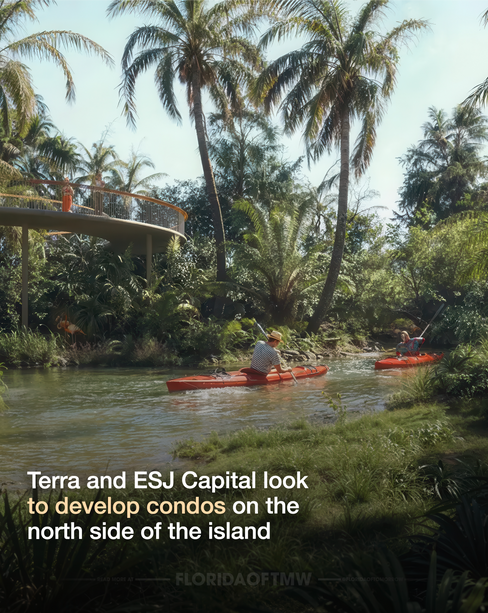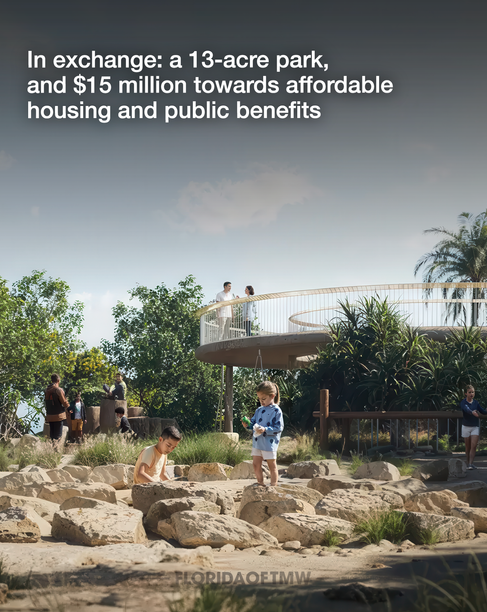The City of Miami referendum scheduled for November 4 is drawing attention as it presents a significant decision for local voters regarding the future development of a key piece of land on Watson Island. This vote will determine whether the city can move forward with the sale or long-term lease of 5.4 acres of land to Ecoresiliency Miami LLC, a company that aims to transform the space with both residential and commercial projects.

The proposal on the table includes more than just the development of condos and businesses. It mandates that the developer commit $15 million towards community benefits such as affordable housing, infrastructure improvements, and various public amenities. These contributions aim to balance the impact of the development by addressing critical needs within the community, particularly affordable housing, which remains a pressing issue in Miami. In exchange for this $15 million commitment, the City of Miami would also receive a 13-acre waterfront park, adding a valuable public space for residents and visitors to enjoy. Additionally, the deal would result in the termination of the existing theme park and hotel lease, clearing the way for new opportunities on the island.
Ecoresiliency Miami LLC is a partnership between two major players in the region: Terra, a well-known real estate development firm, and ESJ Capital, which currently owns Jungle Island. Their collective vision for Watson Island is to create a vibrant, mixed-use community, anchored by the construction of hundreds of condominiums on the island's north side. These condos would likely appeal to a range of buyers, from local residents seeking a waterfront home to investors eyeing Miami's booming real estate market. This project represents not only a significant real estate development but also a potential shift in the island's role within the broader city landscape.

But the proposal doesn't stop at residential and commercial buildings. To enhance the island's connectivity and appeal, the developers have also put forward plans for a Biscayne Bay boardwalk, which would give the public increased access to the waterfront and create new recreational opportunities. In addition, they have suggested building an "under-bridge activator"—an innovative design meant to connect this northern development with another project planned for the island's south side, Island Gardens. Island Gardens is another ambitious development that has been in the works, and the activator would serve as a bridge between the two, both literally and figuratively.
As the November 4 referendum approaches, the proposal has sparked debate among Miami residents and city officials. Supporters argue that the development could bring much-needed affordable housing, public spaces, and infrastructure improvements to the city, while opponents have raised concerns about the environmental impact, potential traffic congestion, and the privatization of public land. Whatever the outcome, the decision will likely shape the future of Watson Island and its role in the ever-evolving landscape of Miami.
Sign up for Florida of Tomorrow's free newsletter below to receive the latest real estate and new business information shaping the Florida of Tomorrow.









_edited.jpg)



